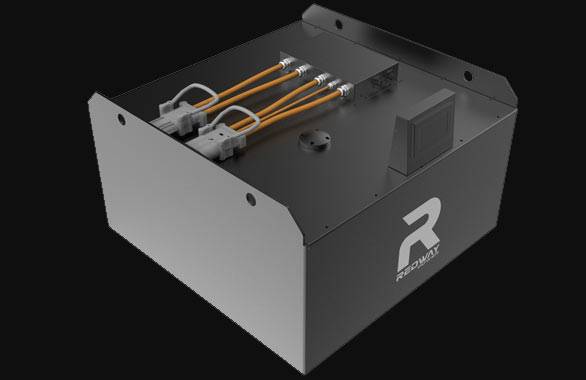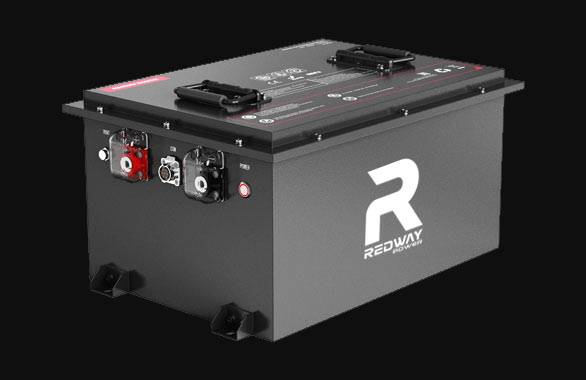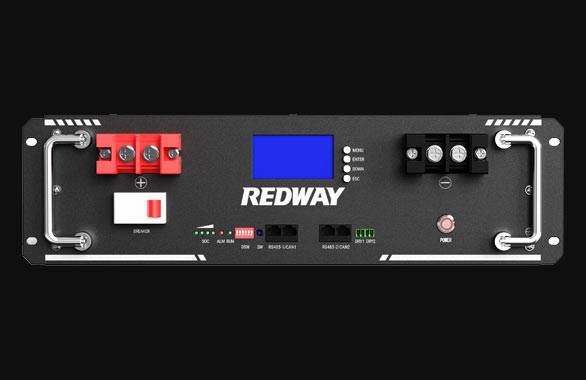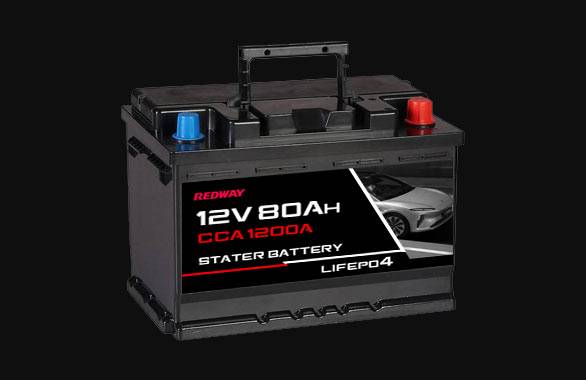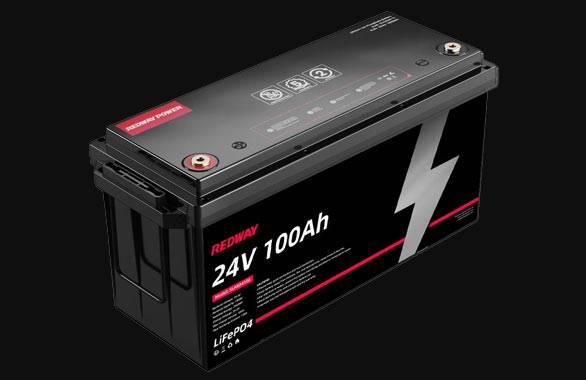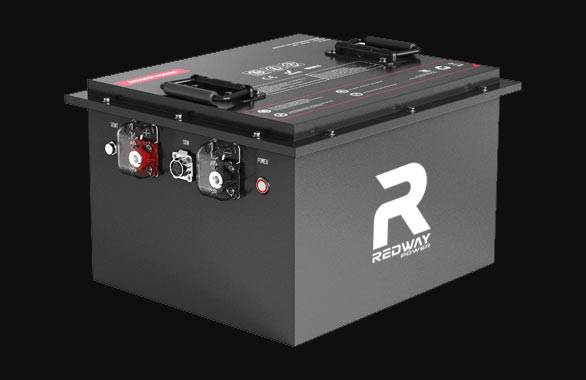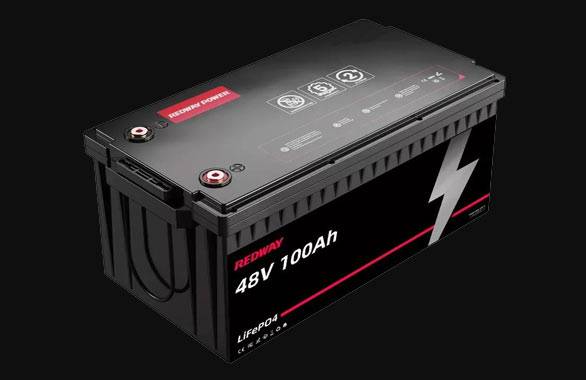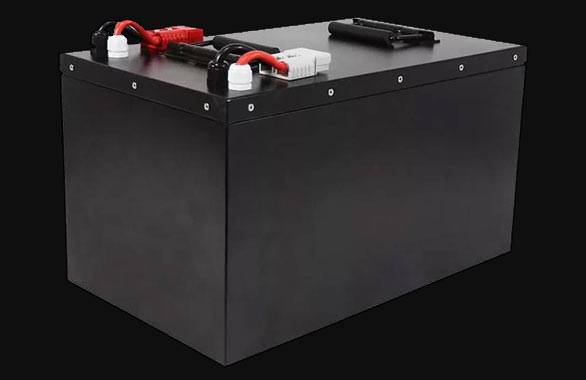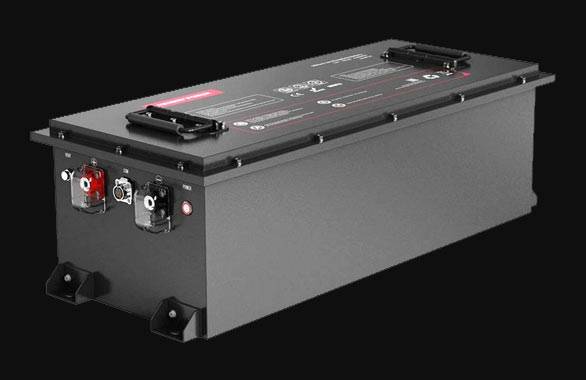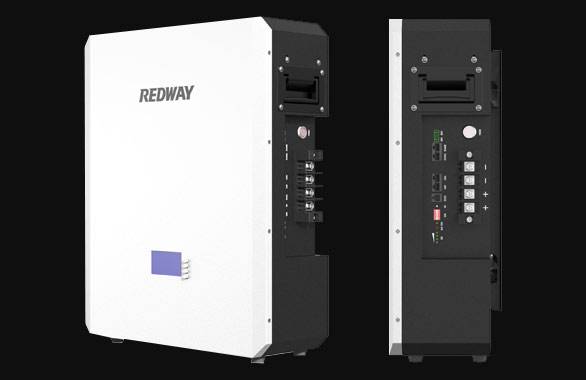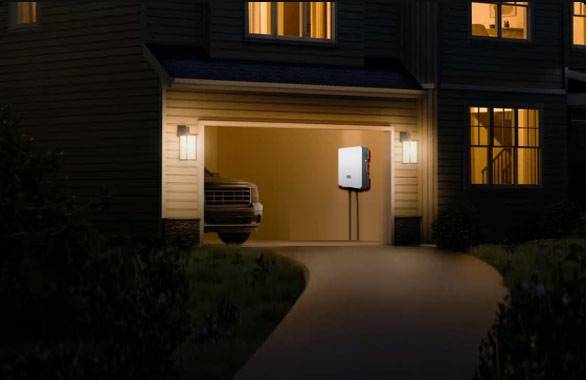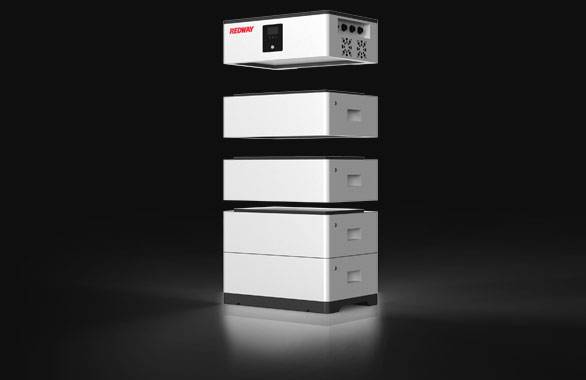- Forklift Lithium Battery
- Golf Cart Lithium Battery
- Rack-mounted Lithium Battery
51.2V 100Ah Rackmount LiFePO4 Battery
8000 times (80% DOD 0.5C)
Optional SNMP for TELECOM - Car Starter Battery
- 12V LiFePO4 Battery
12V 150Ah Lithium RV Battery
Bluetooth App | Self-heating
LiFePO4 | Group 31
UL 1642 | IEC 62619 - 24V LiFePO4 Battery
- 36V LiFePO4 Battery
- 48V LiFePO4 Battery
- 60V LiFePO4 Battery
60V 100Ah Lithium Battery (AGV, AMR, LGV)
Peak Discharge Current 400A
500 x 298 x 349 mm - 72V~96V LiFePO4 Battery
72V 100Ah Lithium Golf Cart Battery
Peak Discharge Current 315A (10S)
740 × 320 × 246 mm - Wall-mounted Lithium Battery
51.2V 100Ah 5kWh
Wall-mounted Battery532 x 425 x 170 mm / LiFePO4
>8000 Cycles (80% DOD 0.5C)
RS485 / CAN-bus
for Solar Home ESS - Home-ESS All-in-One
51.2V 32kWh
All-in-On HESS SystemPowerAll
51.2V / LiFePO4
>8000 Cycles (80% DOD 0.5C)
RS485 / CAN-bus / WiFi
All-in-One for Home ESS
Exploring the Different Types of 48V Golf Cart Batteries
When it comes to choosing the right battery for your 48V golf cart, understanding the various options available is crucial. Each type of battery offers distinct benefits and drawbacks, and selecting the most suitable one can greatly impact your golf cart’s performance, maintenance needs, and overall cost. In this article, we will delve into the different types of 48V golf cart batteries, providing a comprehensive overview of each type to help you make an informed decision.
1. Flooded Lead Acid Batteries
Flooded Lead Acid Batteries are one of the most traditional and widely used types of batteries for golf carts. They have been the standard choice for many years due to their affordability and reliability.
Advantages:
- Cost-Effective: These batteries are generally the least expensive option, making them a popular choice for budget-conscious consumers.
- Proven Technology: Flooded lead acid batteries have a long history of use in golf carts, and their performance is well-documented.
Disadvantages:
- Regular Maintenance: They require frequent maintenance, including regular watering and cleaning. The electrolyte levels must be checked and topped off periodically to ensure optimal performance.
- Shorter Lifespan: Compared to newer battery technologies, flooded lead acid batteries tend to have a shorter lifespan, typically ranging between 2 to 4 years.
- Lower Efficiency: They generally have a lower energy density and are less efficient than other battery types, which can affect overall performance and range.
2. Gel Lead Acid Batteries
Gel Lead Acid Batteries represent an advancement over traditional flooded lead acid batteries. They are designed to be maintenance-free and offer enhanced safety features.
Advantages:
- Maintenance-Free: These batteries do not require regular watering or maintenance, which simplifies their upkeep.
- Spill-Proof: The gel electrolyte used in these batteries is contained within a gel matrix, making them spill-proof and allowing them to be mounted in various orientations.
- Enhanced Safety: Gel batteries are more resistant to vibration and shock, which can be beneficial for off-road or uneven terrain.
Disadvantages:
- Higher Cost: Gel lead acid batteries are more expensive than flooded lead acid batteries.
- Limited Deep Discharge: They can handle deep discharges better than some other types but are still limited compared to advanced technologies like lithium-ion.
3. AGM (Absorbed Glass Mat) Batteries
AGM Batteries are another popular choice for golf carts. They use a different technology compared to flooded and gel lead acid batteries, offering several unique benefits.
Advantages:
- Maintenance-Free: AGM batteries do not require regular maintenance, as the electrolyte is absorbed into a glass mat separator.
- Spill-Proof and Safe: Similar to gel batteries, AGM batteries are spill-proof and can be mounted in various positions. They also offer good resistance to vibrations.
- Better Deep Discharge: AGM batteries generally handle deeper discharges better than gel batteries, which can be advantageous for extended use.
Disadvantages:
- Higher Initial Cost: AGM batteries are typically more expensive than flooded lead acid batteries.
- Moderate Lifespan: While they offer better performance than flooded batteries, their lifespan is still shorter compared to lithium-ion alternatives.
4. Lithium-Ion Batteries
Lithium-Ion Batteries are the most advanced and increasingly popular choice for golf carts. They offer a range of benefits that set them apart from traditional lead acid options.
Advantages:
- Lightweight and Compact: Lithium-ion batteries are much lighter and more compact than lead acid batteries, which can improve the overall handling and performance of your golf cart.
- Long Lifespan: They have an impressive lifespan, with many models offering between 2000 to 5000 cycles, compared to 300 to 500 cycles for lead acid batteries.
- Faster Charging: Lithium-ion batteries charge much faster than lead acid batteries, reducing downtime and ensuring your golf cart is ready to use quickly.
- Higher Energy Density: They offer higher energy density, which translates to better performance, longer range, and more efficient use of power.
Disadvantages:
- Higher Initial Cost: The upfront cost of lithium-ion batteries is significantly higher than that of lead acid batteries. However, the long-term savings in maintenance and replacement costs can offset this initial expense.
- Complex Technology: Lithium-ion batteries are more complex and may require specialized charging equipment and monitoring systems.
Choosing the Right Battery for Your Golf Cart
When selecting a 48V golf cart battery, several factors should be considered to ensure compatibility and optimal performance:
1. Budget
Determine your budget for the battery purchase. While lead acid batteries are more affordable upfront, lithium-ion batteries offer greater long-term value due to their extended lifespan and lower maintenance requirements.
2. Maintenance Requirements
Consider how much maintenance you are willing to perform. Lead acid batteries require regular upkeep, while gel and AGM batteries offer maintenance-free options. Lithium-ion batteries require minimal maintenance.
3. Performance Needs
Evaluate your performance needs, including range, charging time, and energy efficiency. Lithium-ion batteries excel in performance and efficiency, making them ideal for high-demand applications.
4. Compatibility
Ensure that the battery you choose is compatible with your golf cart’s voltage requirements and fits within the battery compartment. Consult with the battery manufacturer or a professional technician if you are unsure.
Conclusion
Choosing the right 48V golf cart battery involves evaluating various options and considering factors such as cost, maintenance, performance, and compatibility. Flooded lead acid, gel lead acid, AGM, and lithium-ion batteries each offer unique benefits and drawbacks. By understanding these differences, you can make an informed decision that best meets your needs and enhances your golf cart’s performance.
For those interested in premium options, Redway Power offers high-quality lithium-ion batteries that provide exceptional performance and durability for golf carts. Explore their range of products to find a solution that fits your specific requirements.


